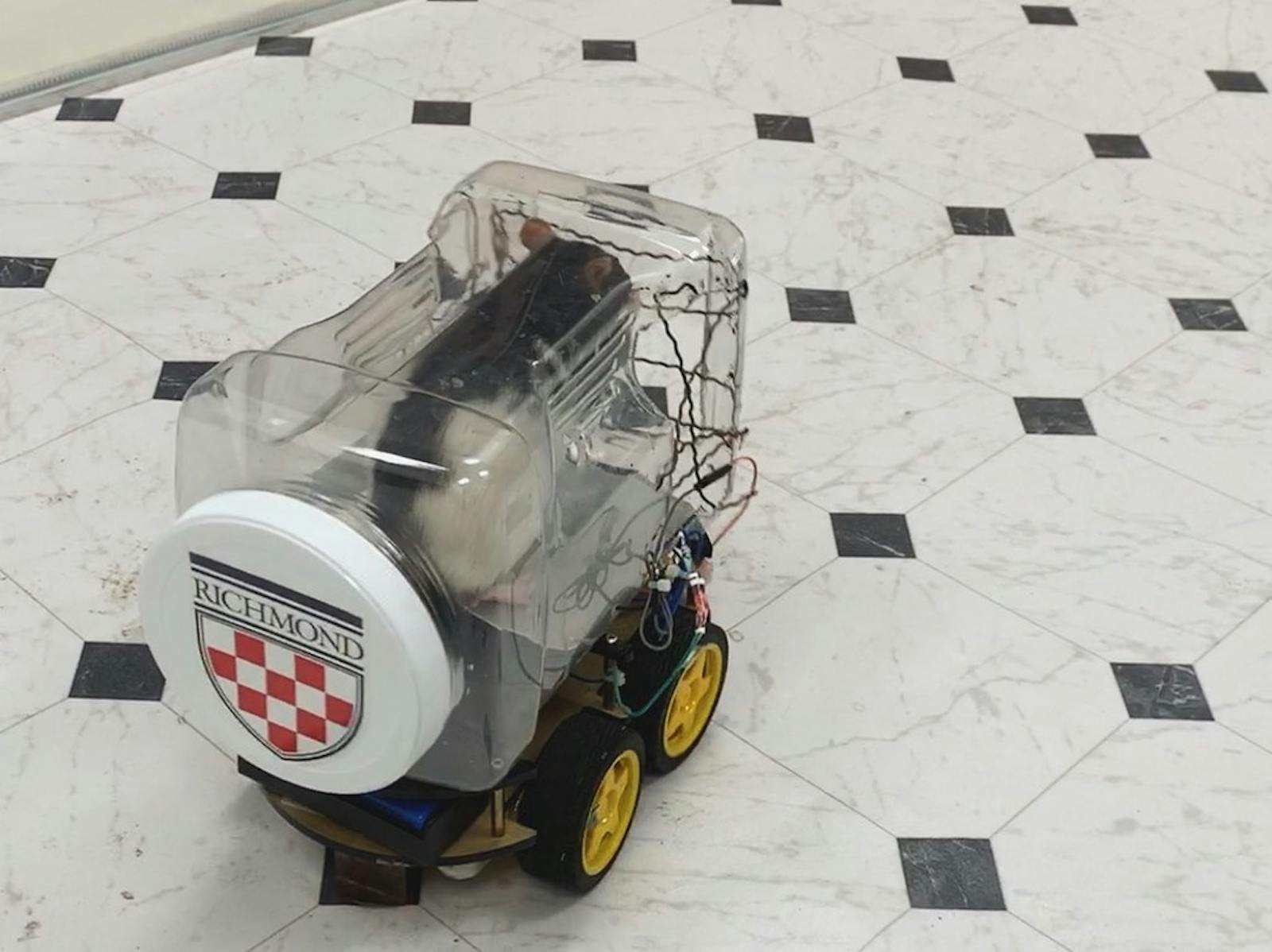Ferrari will unveil a hybrid supercar this month, confirms it will cease supplying engines for Maserati
Quarterly earnings calls are usually filled with dry financial information, but Ferrari CEO Louis Camilleri made news this week when he told investors that the Italian exotic car company will be revealing a second hybrid-powered supercar later this month. That wasn’t the only powertrain news coming out of Camilleri’s conference call. He also confirmed that Ferrari will cease building engines for its former Fiat Chrysler Automobiles stablemate, Maserati.
Six years ago, Ferrari introduced the hybrid LaFerrari, which features a 6.3-liter V-12 combustion engine augmented by a Formula 1-style Kinetic Energy Recovery System. Ferrari’s new hybrid may have half as many cylinders as the LaFerrari.
“The second model will be presented at the end of this month, with the world premiere held here in Maranello. As we have stated previously, it will be a top-of-the-line hybrid with supercar performance and a true beauty,” Camilleri said.
Camilleri also told investors that the new Ferrari “will be above the 812 Superfast. So it’s not a 488 replacement per se.” That’s not exactly news, as the 488 GTB has already been replaced by the F8 Tributo.
Recent rumors suggest Ferrari is working on a twin-turbo V-6 hybrid powertrain with a combined rating of 723 horsepower, but as Camilleri has said that the new Ferrari hybrid will slot in above the 789-horsepower, V-12-powered 812, it’s hard to imagine a six-cylinder Ferrari flagship.
All of that will be clarified later this month when Ferrari reveals the new hybrid supercar at Maranello. There will likely be a longer wait to find out how Maserati will replace engines it currently sources from Ferrari.

Back in March, Maserati chief Harald Wester indicated that since Ferrari was spun off from FCA in 2015, it would likely no longer supply Maserati with motors. Maserati has been using Ferrari engines since 2002, including a 3.0-liter twin-turbo V-6, a 3.8-liter twin-turbo V-8, and the F136 family of naturally aspirated V-8s up to 4.7 liters of displacement.
Camilleri confirmed Wester’s speculation, telling investors, “Eventually, we will no longer supply engines to Maserati, which actually from our perspective is actually a good thing, both from a margin perspective, but also the fact that we can transfer a lot of the labor that’s been focused on the engines to the car side of the business.”
Camilleri said Ferrari will stop supplying Maserati in 2021 or 2022 and that Ferrari has no plans to supply engines to anyone else. Ceasing supply to Maserati may help Ferrari’s margins in the long run, but revenue from Ferrari’s engine building operations was down in Q1 due to selling fewer engines to Maserati.
Without help from Maranello, it’s not clear just where Maserati will get engines that have both sufficient power and cachet. Sonorous Ferrari engines is a major selling point for many Maserati buyers. Maserati could dip into the FCA parts bin, but would a Hemi from the Motor City under the hood help or hinder sales? Italian brio is a major part of Maserati’s brand identification. In the near term, if Maserati wants to use an Italian engine, it could borrow Alfa Romeo’s 2.9-liter twin-turbo V-6.
However it proceeds, finding substitutes for its Ferrari-sourced engines will be no small task for Maserati. In Wester’s words, it will have to “do something exceptional” to find suitable replacements.


